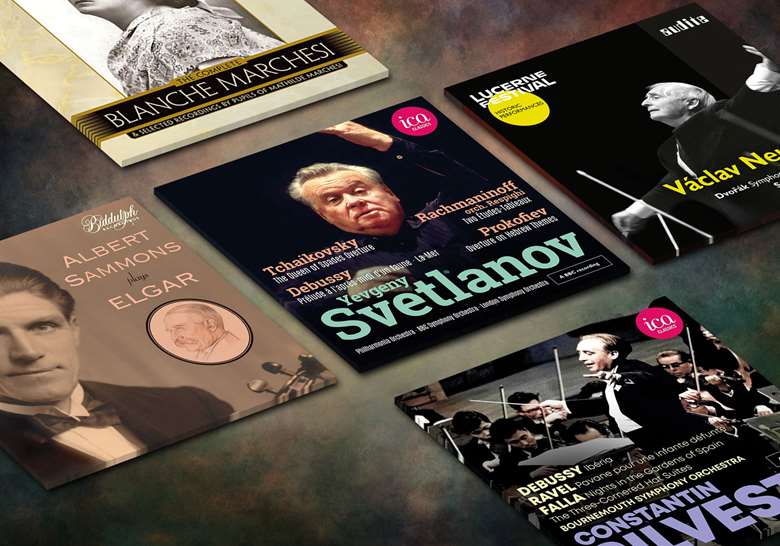Replay (March 2025): Svetlanov's Debussy; The magic of Chaminade; Sammons in Elgar
Rob Cowan
Friday, February 21, 2025
Rob Cowan’s monthly survey of historic reissues and archive recordings

Register now to continue reading
Thanks for exploring the Gramophone website. Sign up for a free account today to enjoy the following benefits:
- Free access to 3 subscriber-only articles per month
- Unlimited access to our news, podcasts and awards pages
- Free weekly email newsletter










